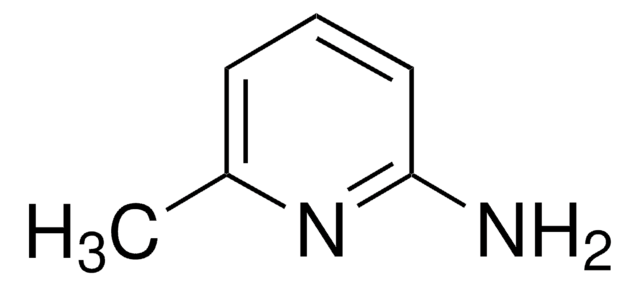203637
Lithium chloride
powder, ≥99.98% trace metals basis
Synonym(s):
Hydrochloric acid lithium salt
About This Item
Recommended Products
Quality Level
Assay
≥99.98% trace metals basis
form
powder
greener alternative product characteristics
Design for Energy Efficiency
Learn more about the Principles of Green Chemistry.
sustainability
Greener Alternative Product
impurities
≤100.0 ppm Trace Metal Analysis
mp
605 °C (lit.)
solubility
H2O: soluble
application(s)
battery manufacturing
greener alternative category
SMILES string
[Li+].[Cl-]
InChI
1S/ClH.Li/h1H;/q;+1/p-1
InChI key
KWGKDLIKAYFUFQ-UHFFFAOYSA-M
Looking for similar products? Visit Product Comparison Guide
General description
Application
- As a precursor to fabricate protective coating on Li metal electrodes. Coated metal can be used as an advanced anode for high-charge density Li-ion batteries. LiCl enhances Li diffusion suppressing the formation of Li dendrites resulting in improved cycle stability and rate capability.
- As a starting material to prepare humidity-tolerant and inexpensive solid electrolyte Li2ZrCl6 for Li-ion batteries.
- As an electrolyte additive to suppress the dendrite formation and stabilization of zinc anode-based batteries. LiCl ensures higher stability during the long cycling process.
Features and Benefits
- Highly soluble in water
- Exhibits good ionic conductivity
- Low melting point
- Compatible with other battery materials like lithium metal, graphite, and transition metal oxides
Signal Word
Warning
Hazard Statements
Precautionary Statements
Hazard Classifications
Acute Tox. 4 Oral - Eye Irrit. 2 - Skin Irrit. 2
Storage Class Code
13 - Non Combustible Solids
WGK
WGK 1
Flash Point(F)
Not applicable
Flash Point(C)
Not applicable
Personal Protective Equipment
Certificates of Analysis (COA)
Search for Certificates of Analysis (COA) by entering the products Lot/Batch Number. Lot and Batch Numbers can be found on a product’s label following the words ‘Lot’ or ‘Batch’.
Already Own This Product?
Find documentation for the products that you have recently purchased in the Document Library.
Customers Also Viewed
Articles
Research and development of solid-state lithium fast-ion conductors is crucial because they can be potentially used as solid electrolytes in all-solid-state batteries, which may solve the safety and energy-density related issues of conventional lithium-ion batteries that use liquid (farmable organic) electrolytes.
Lithium-Ion Battery Performance: Dependence on Material Synthesis and Post‑Treatment Methods
Related Content
Batteries, fuel cells, and supercapacitors rely on electrochemical energy production. Understand their operation and electron/ion transport separation.
Our team of scientists has experience in all areas of research including Life Science, Material Science, Chemical Synthesis, Chromatography, Analytical and many others.
Contact Technical Service

